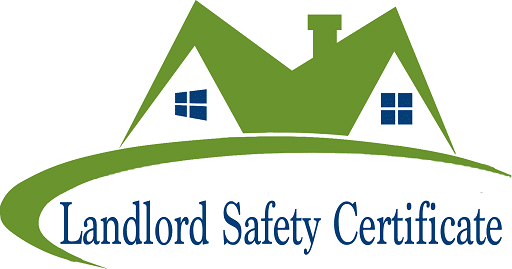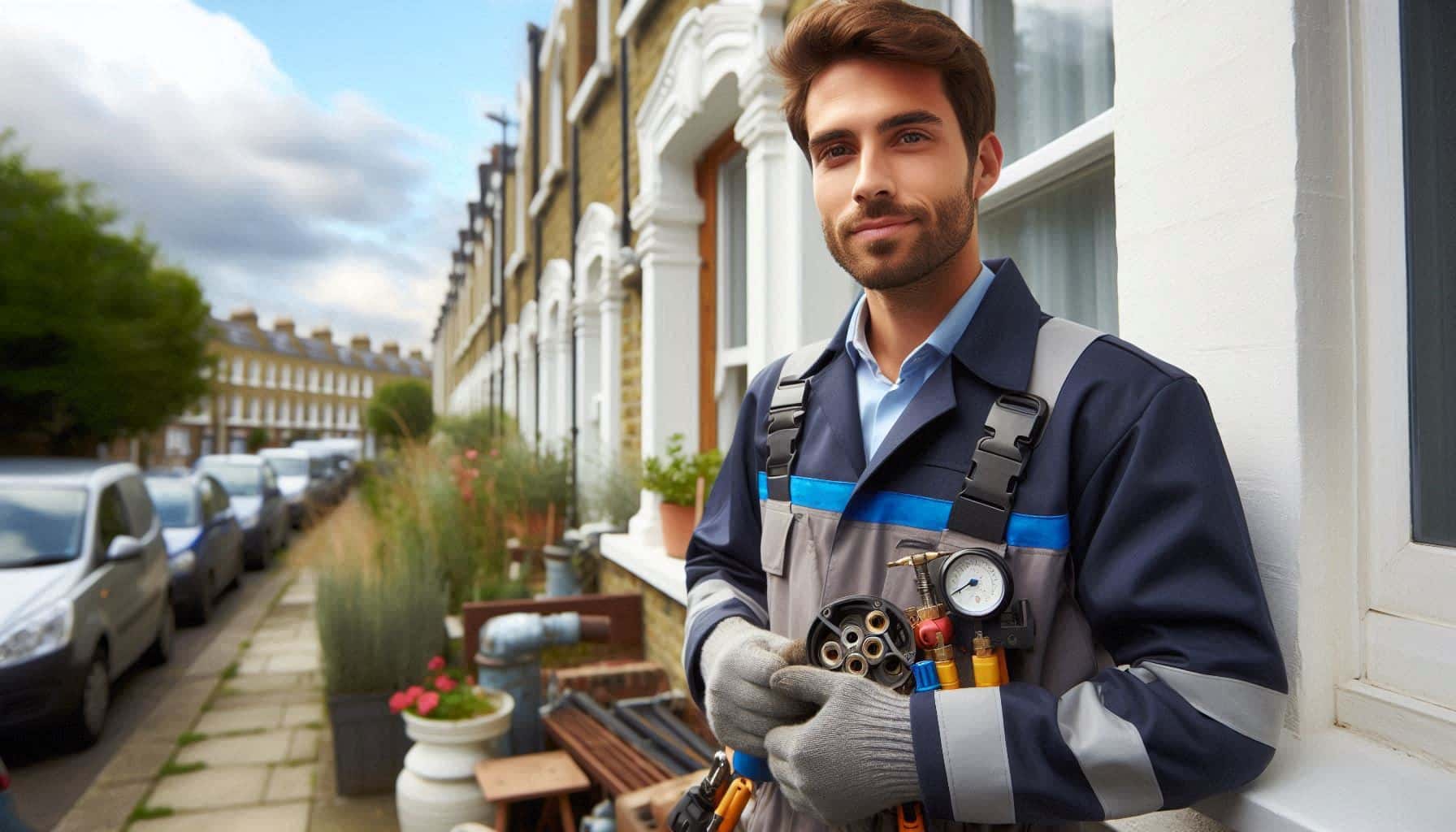
In London, where boilers, cookers, and gas fires power thousands of homes, hiring the right professional is vital. Safety, efficiency, and compliance depend on making the right choice. Yet, many property owners focus only on cost, overlooking crucial qualifications.
That’s why asking the right gas engineer questions is essential. With a clear checklist and certified installer tips, you can avoid costly mistakes, prevent safety hazards, and ensure your project runs smoothly from start to finish.
When it comes to essential gas engineer questions, the first thing you should ask is whether the professional is Gas Safe registered. In the UK, it is a legal requirement for anyone working with gas appliances to hold this certification. The Gas Safe Register, which replaced CORGI in 2009, ensures that engineers are properly trained, tested, and regularly assessed for competence.
In London’s busy property market, many older homes have complex heating and gas systems. Hiring someone who is not Gas Safe registered puts your property at risk of poor workmanship, dangerous faults, and potential carbon monoxide leaks. By prioritising a certified installer, you ensure both compliance and safety.
Once you confirm credentials, you can smoothly move to the next gas engineer question — checking if they have experience with your specific job.
Even if you hire a Gas Safe registered professional, you still need to know if they have worked on projects similar to yours. Some gas engineer questions should uncover whether they can handle your exact needs — from a boiler service in a central London flat to installing a gas cooker in a suburban property.
London’s housing stock ranges from Victorian terraces to modern apartments, each with unique challenges. A gas engineer with relevant experience can navigate tricky pipe runs, limited ventilation, and complex system layouts more efficiently. Asking this ensures you’re working with someone who understands the city’s housing quirks.
Once you’re satisfied with their expertise, the next logical step is to confirm the costs in writing before committing.

Price is important, but without a written breakdown, unexpected charges can appear later. That’s why one of the smartest gas engineer questions you can ask is about getting a detailed quote.
In London, prices vary based on area, project complexity, and even seasonal demand. Without a written estimate, you may face inflated bills once work starts. A clear breakdown helps you budget accurately and avoid disputes.
Once costs are agreed, it’s time to focus on another critical topic — safety checks and legal compliance.
Gas work isn’t just about installing or repairing — it’s about ensuring your property meets all legal and safety standards. That’s why safety is one of the most vital gas engineer questions for both London homeowners and landlords.
Landlords are legally required to provide tenants with an annual Gas Safety Certificate. Homeowners also benefit from comprehensive checks to avoid costly repairs and hazards. Choosing an engineer who follows compliance procedures ensures long-term safety and peace of mind.
Once you’re confident they meet all safety requirements, your last key question should be about availability and emergency support.
Gas systems can fail unexpectedly, especially during winter. That’s why your final gas engineer question should be about availability and response times.
High demand in colder months means some engineers are booked weeks ahead. Access to emergency services could be the difference between a quick fix and days without heating.
By covering these five essential gas engineer questions and applying the certified installer tips, you can hire the right professional for your London property with confidence.
Here’s a quick, practical approach to applying these gas engineer questions:
Transitioning from questions to decisions, the next step is to actually choose your engineer.
The best choice will be the one who ticks all your boxes: Gas Safe registration, relevant experience, transparent pricing, rigorous safety checks, and reliable availability. Using these gas engineer questions gives you a structured, confident way to make that decision.
And remember, the certified installer tips provided here are not just for big projects — they apply to any job, from small cooker installations to full central heating upgrades.
Hiring a gas engineer in London is not just a transaction — it’s a safety decision that affects your family, tenants, and property value. The right professional will welcome these gas engineer questions because they show you take safety and quality seriously.
By combining the five essential questions with the practical certified installer tips in this guide, you can protect your home, your budget, and your peace of mind. In a city as busy and complex as London, that’s worth every effort.

